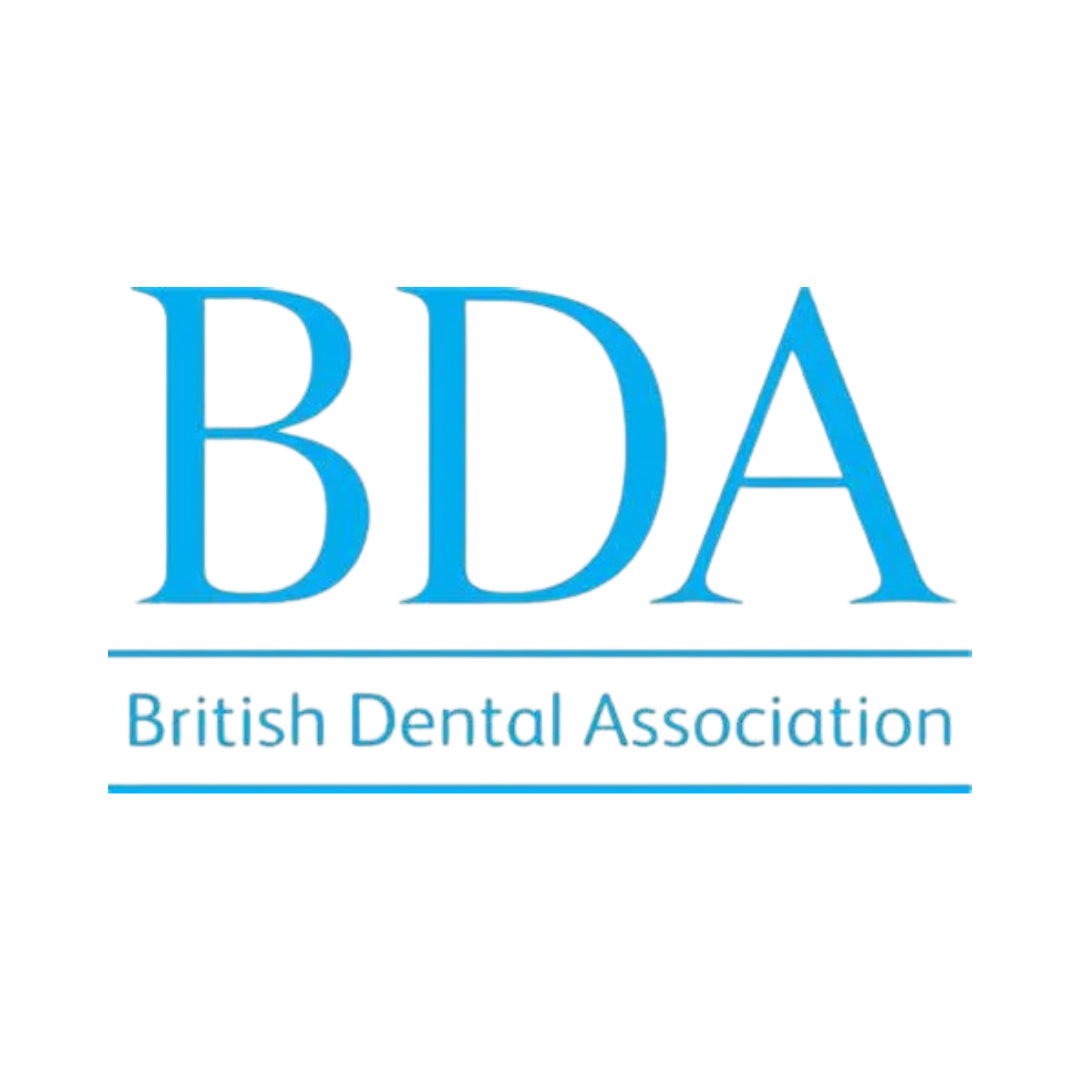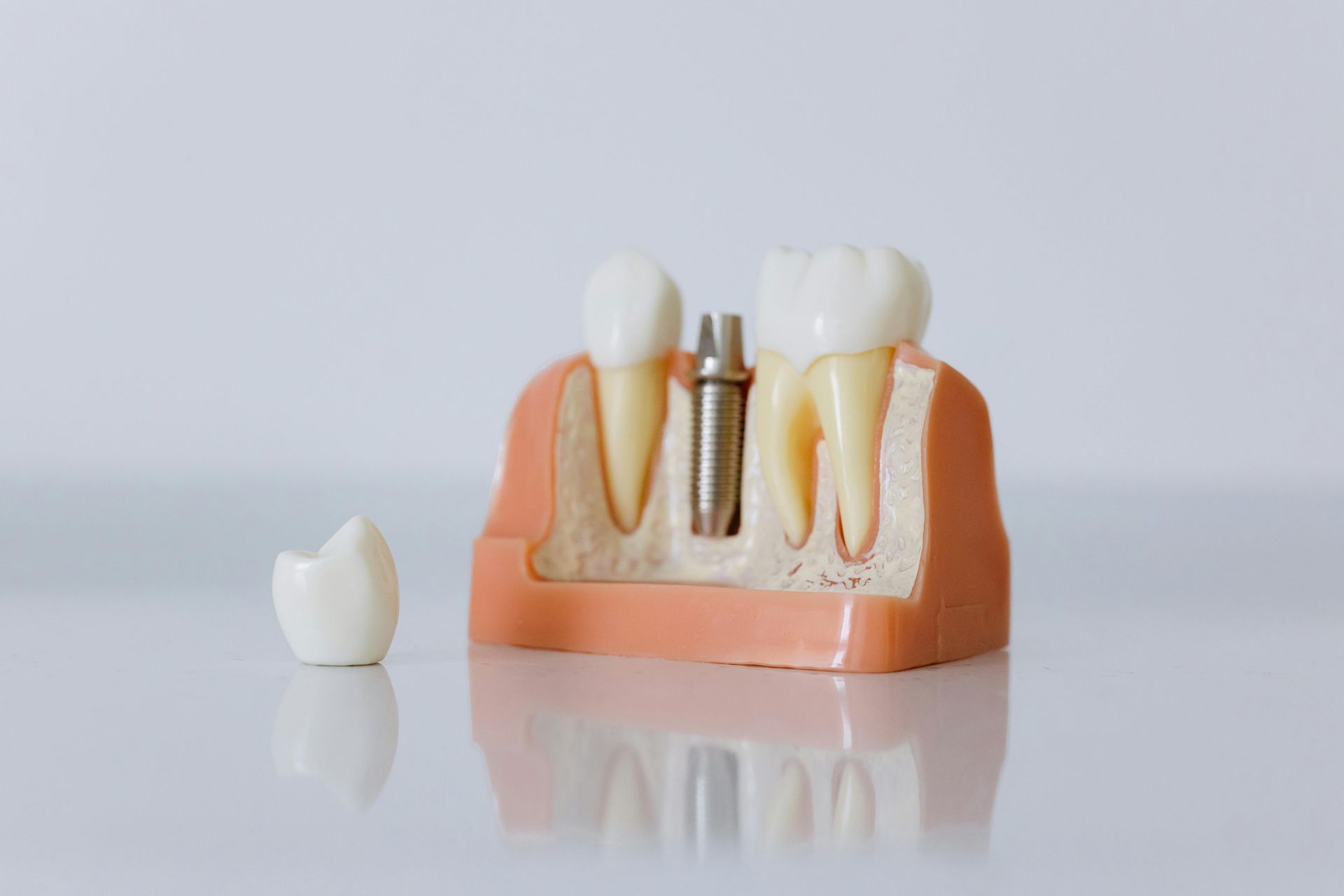
Dental Implants in London
Dental implants are titanium anchors, resembling small screws, that provide a robust base for artificial teeth, such as crowns or bridges.
Dental Implants in Ealing
Dental implants are titanium anchors, resembling small screws, that provide a robust base for artificial teeth, such as crowns or bridges.
Why Choose Dental Implants?
Dental implants offer a transformative way to restore your smile, delivering a natural look, feel, and functionality. Unlike temporary fixes, implants are a long-term solution, allowing you to eat, speak, and smile with confidence, just as you would with your own teeth. Whether you’re dealing with tooth loss from injury, decay, or other issues, implants can help you reclaim your quality of life.
Wondering if implants are the right choice? A consultation with a skilled dentist in Ealing can help you decide. Common reasons patients opt for dental implants include:
- Replacing lost, damaged, or decayed teeth
- Alleviating jaw discomfort or bite issues
- Restoring full chewing and speaking ability
- Moving away from uncomfortable or loose-fitting dentures
Are Dental Implants Suitable for You?
If you’re missing one or more teeth, seeking to enhance your appearance, or longing for a permanent solution that feels like your natural teeth, dental implants could be ideal. Provided your gums are healthy and your jawbone is strong enough to support the implant, this treatment can offer life-changing benefits.
Patients often share how implants have boosted their confidence, from smiling freely at social gatherings to enjoying meals without worry. Advantages include:
A natural, attractive appearance
Enhanced chewing and speaking ability
Greater self-assurance
Long-lasting results
Improved oral health
Top Tip for Long-Lasting Implants
To maximise the lifespan of your implants, maintain excellent oral hygiene. Brush twice daily, floss regularly, and book routine check-ups with your dentist in Ealing. This simple routine can keep your implants in pristine condition for decades.
Discover more about caring for your dental implants in our dedicated guide!
Book your dental implants consultation with a trusted Ealing dentist today and explore flexible payment plans, including up to 24 months interest-free!
What Are Dental Implants?
What to Expect During Your Visit
Aftercare & Healthy Habits
What Are Dental Implants?
Dental implants are permanent tooth replacements made from medical-grade titanium, designed to function like natural tooth roots. They support crowns, bridges, or dentures and restore the appearance and function of your smile. Whether you're missing a single tooth or multiple, dental implants in Ealing offer a long-term solution that looks, feels, and performs like your natural teeth.
Patients often choose implants for their durability, aesthetics, and ability to improve quality of life—especially when other options like dentures feel loose or uncomfortable. If you have a healthy jawbone and gums, implants could be the perfect fit for your needs.
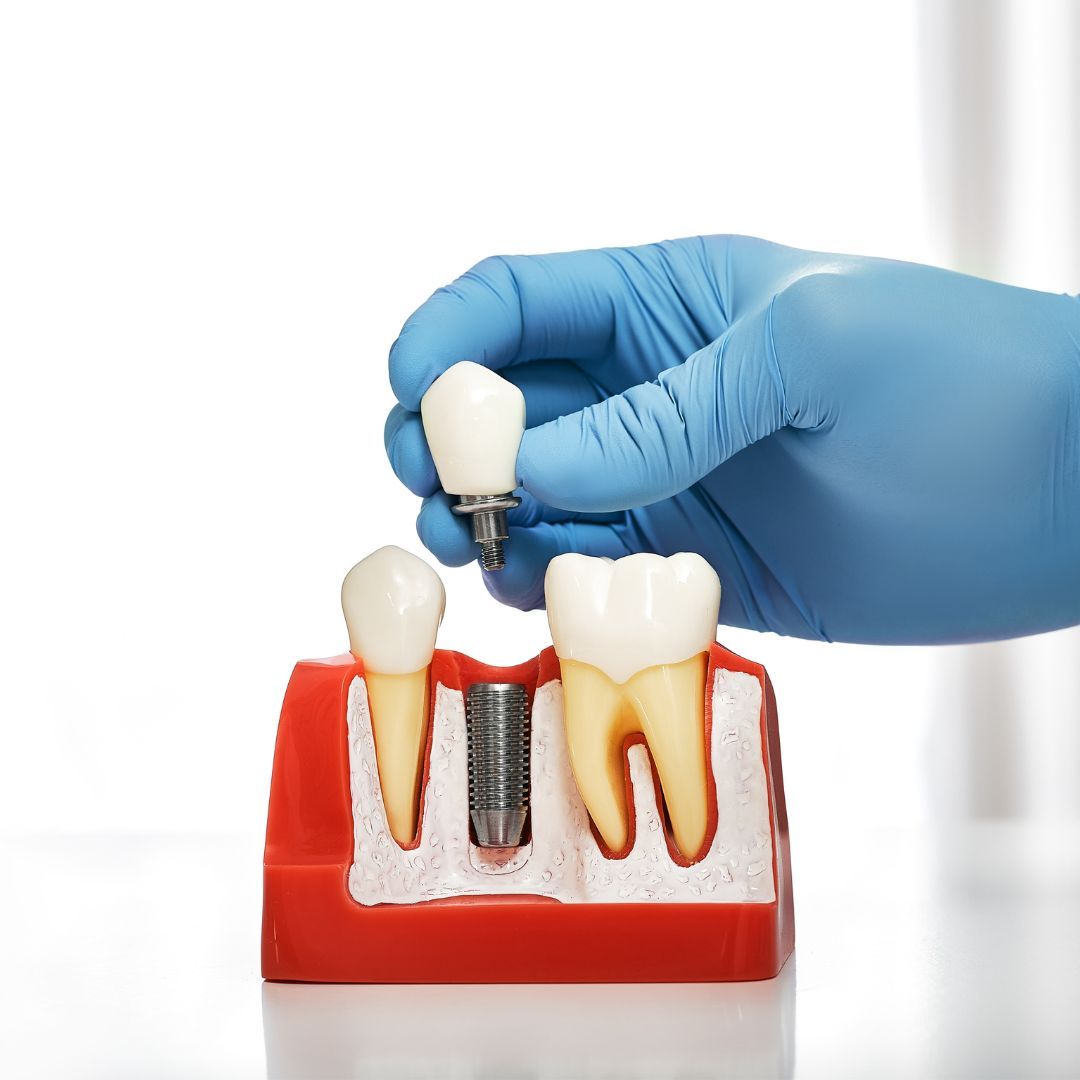
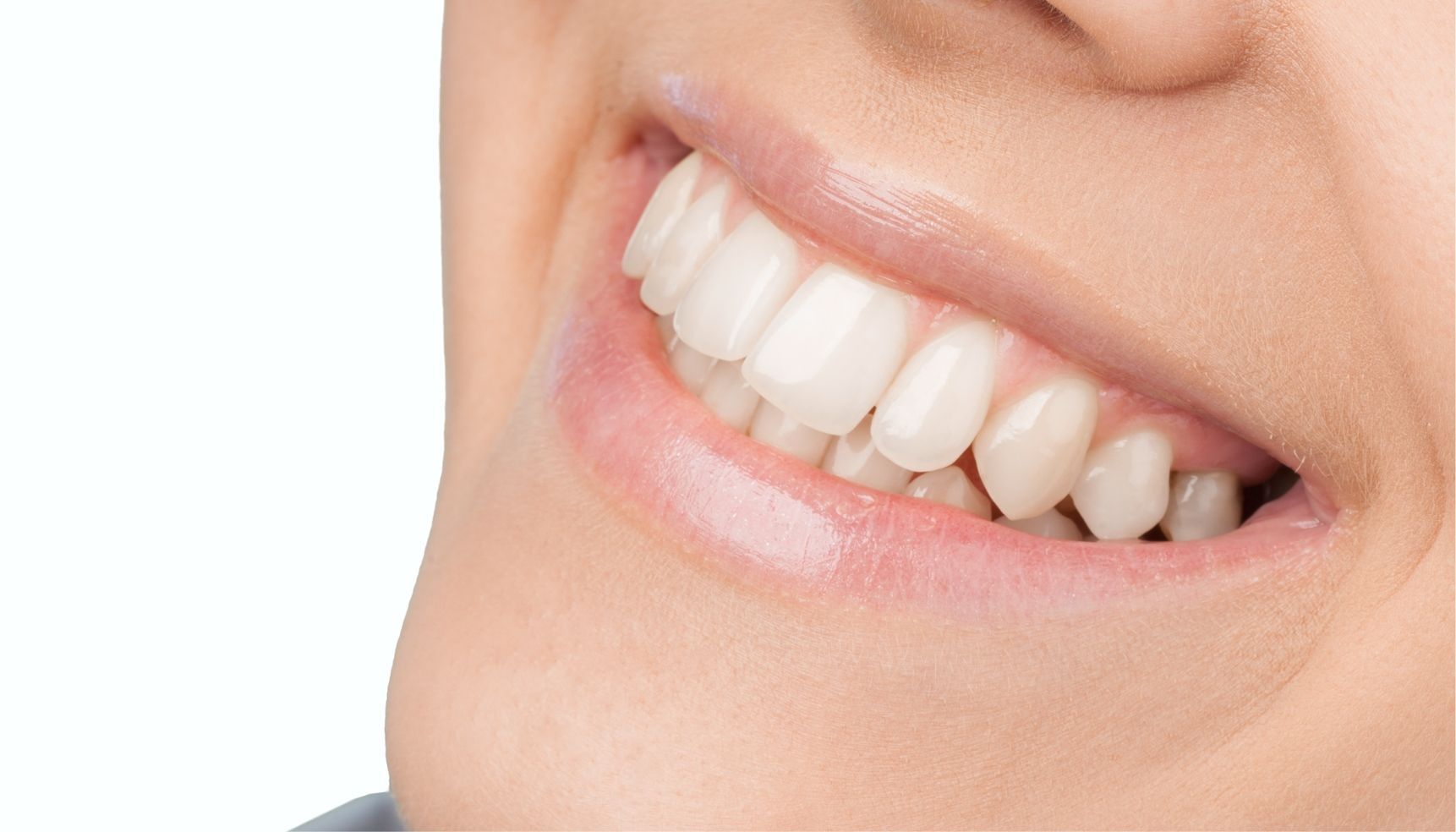
What to Expect During Your Visit
Your journey begins with a consultation where your dentist in Ealing will assess your overall oral health and jawbone structure. If you're a good candidate, your treatment plan will include:
- Initial Consultation – X-rays, scans, and impressions are taken.
- Surgical Placement – The implant is placed into your jawbone under local anaesthetic or sedation.
- Healing Period – A few months are allowed for the implant to integrate with the bone (osseointegration).
- Final Restoration – A custom-made crown, bridge, or denture is securely fitted onto the implant.
The process is typically spread over several appointments, with healing and planning tailored to your individual case.

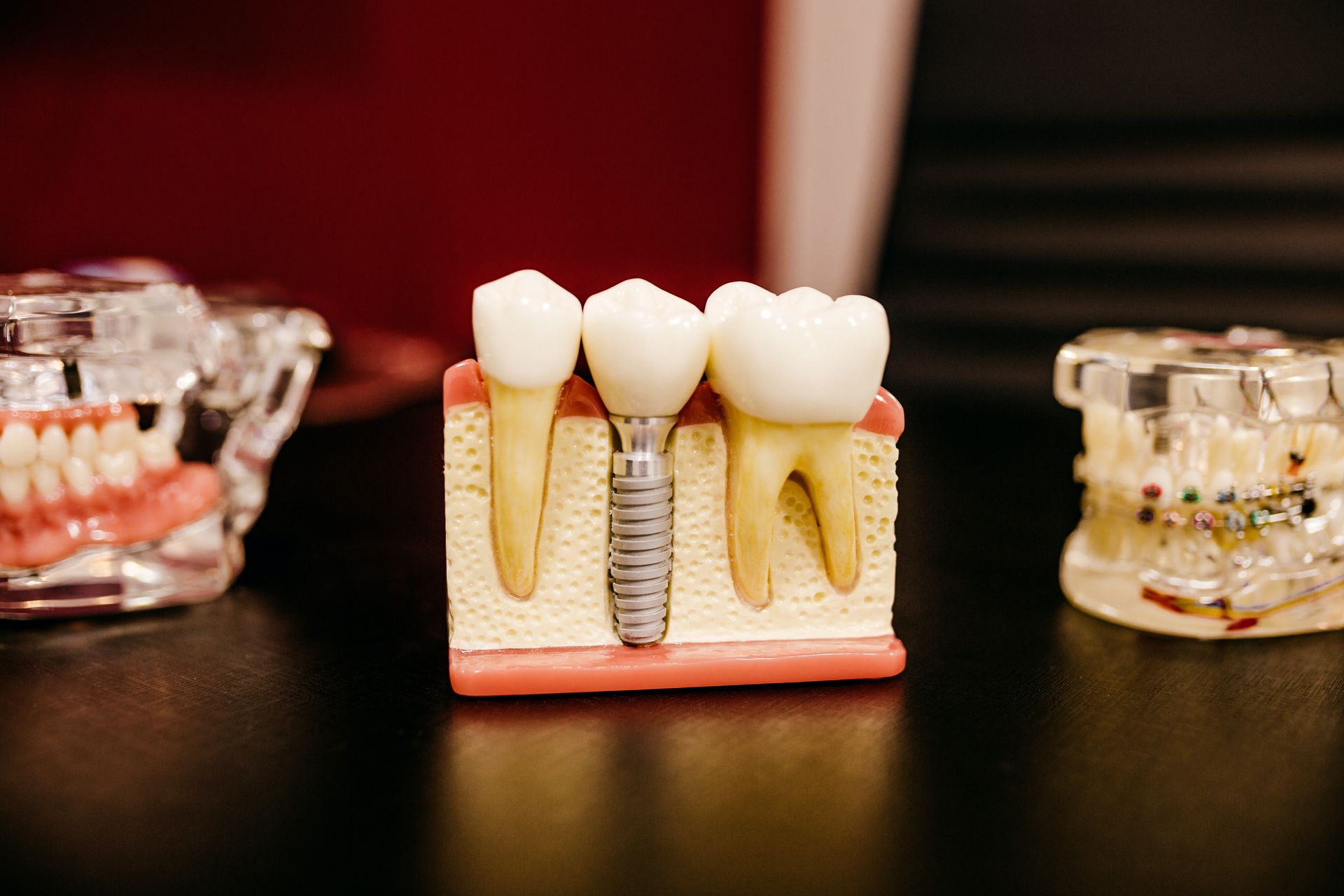
Aftercare & Ongoing Visits
To ensure your implants last, maintaining excellent oral hygiene is essential. Follow these guidelines:
- Brush twice a day with a soft-bristled toothbrush and non-abrasive toothpaste.
- Floss or use interdental brushes daily to clean around the implant.
- Avoid smoking, which can delay healing and increase the risk of implant failure.
- Attend regular check-ups and hygiene appointments with your dentist in Ealing.
In the days after surgery, stick to soft foods, avoid intense physical activity, and take any prescribed medications as directed. With the right care, your dental implants can last a lifetime.
Call Now & Book your appointment
Simple Booking
Easy online, phone or WhatsApp appointment scheduling.
Friendly Experts
Skilled, caring team focused on your comfort and care.
Modern & Calm
State-of-the-art clinic in a relaxed, welcoming space.
Results That Last
Personalised treatments designed for natural, long-term results.
NEED TO KNOW
What to Expect During Your Appointments
The journey to a restored smile typically involves at least three visits to your Ealing dentist:
- Consultation: Your dentist in Ealing will assess your oral health to confirm implants are suitable. They’ll explain the process, answer your questions, and take impressions of your mouth to design your custom implant.
- Implant Placement: At the next appointment, the implant is surgically placed into your jawbone.
- Restoration: Once the implant has fused with your jawbone (a process called osseointegration), the final crown or bridge is fitted.
Additional visits may be needed for complex cases, and regular check-ups with your Ealing dentist will ensure your implants remain in top condition.
How Long Does the Procedure Take?
A single implant procedure typically takes one to two hours, depending on the complexity.
Questions You Might Be Asked
Your dentist in Ealing may inquire about:
- Your dental and medical history
- Your daily oral hygiene habits
Preparing for Your Appointment
No special preparation is needed for the consultation. For the surgical phase, your dentist or oral surgeon will provide tailored instructions, which may include:
- Taking prescribed pre-procedure medications
- Arranging for someone to drive you to and from the appointment
- Following sedation guidelines, if applicable
If your procedure involves general anaesthesia at a hospital, you’ll need to:
- Organise transport to and from the hospital
- Adhere to any pre-anaesthetic instructions
Aftercare
Your Ealing dentist or oral surgeon will provide detailed post-surgery guidance. If sedation or general anaesthesia is used, you must:
- Have someone accomany you home
- Avoid driving or operating machinery for at least 24 hours
Your Trusted Dentist in Ealing
Book Your Dental Appointment in Ealing Today
Ready to transform your smile? Contact a trusted Ealing dentist today to book your dental implants consultation and explore interest-free payment options!
FAQs
How long do dental implants typically last?
Dental implants have a success rate of around 95–98% over 10 years, and many last 20 years or more, depending on hygiene and overall health. The crown placed on top may need replacement before the implant itself.
Is the implant process painful—and what’s recovery like?
The procedure is carried out under local anaesthetic (with sedation if needed). Mild discomfort, swelling, or bruising afterward is normal and typically subsides within a few days. Most patients manage pain with over-the-counter medication. Contact an emergency dentist in Ealing if symptoms worsen or don’t improve.
What factors can affect the success of dental implants?
Good jawbone health, non-smoking, and excellent plaque control all contribute to better outcomes. Conditions like diabetes or bruxism (teeth grinding) can increase the risk of complications such as peri‑implantitis, an infection around the implant. Regular follow-ups are key.
Can I get implants if I've lost bone or gum tissue?
In many cases, yes—but you may need bone grafting or gum surgery first. Your dentist in Ealing will assess your jaw and tissue health and may recommend preparatory procedures to ensure a strong foundation for the implant.
What if something goes wrong—like looseness or infection?
Ill-fitting crowns, infection, or bone loss around the implant can occur. If a restoration feels loose or you experience persistent pain, swelling or bleeding, contact an emergency dentist in Ealing. Early intervention often allows saving the implant with targeted treatment.
How can I care for my implant to ensure it lasts?
Brush twice daily with a soft brush, floss or use interdental aids around the implant, and attend routine hygiene appointments—every 3–6 months initially. Avoid smoking, and if you clench your teeth, ask your Ealing dentist about wearing a night guard. Consistent care helps keep implants trouble‑free for many years.


